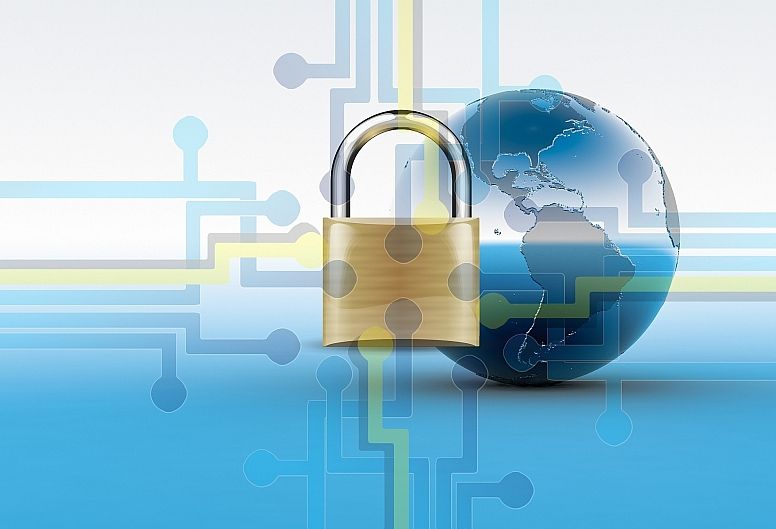
10 Website Security Tips to Help Protect Your Streaming Business
With growing online businesses, there is a parallel growth in cybercrime rates. Hackers always have several ways of invading a successful online venture. Stealing the online assets of an organisation is the sole purpose of these criminals. This blog is specifically curated to give you some tips to secure your streaming business website.
You might think that your website is secure from hackers. The majority of website security breaches are not for stealing data but are used for other malpractices, like using your server for spam emails or messing with the overall layout. Hacking is also performed by automated scripts, which are used to exploit issues in the software.
Some examples of hacking attacks include:
- Jeopardising data & other information of an account.
- Ransomware, Spyware, Command and control, etc., are some of the malware cyber attacks that might harm a website’s integrity.
- Identity theft or impersonation of companies, entities, or individuals.
- Crypto-jacking, crypto mining, and other digital currency scams.
- Data compromise can occur through data manipulation, loss, or theft.
According to Google, 75% of Americans are still frustrated with password management. As a result, many people sacrifice convenience for security. 2 out of 3 Americans use the same password for multiple sites, while about 60% of people use easy-to-guess passwords such as their date of birth. Even those who take the time to personalise them often end up writing them in a notepad. It’s these human behaviours that hackers tend to exploit, allowing them to steal personal and financial information.
Now, let’s quickly dive into essential tips to protect your streaming website from hackers.
10 Tips to Help Protect Your Streaming Business Website
#1 Real-time Software Updates
To keep your site secure, you need to update it with every technological advancement. This helps in the constant testing of the software, which makes the website up & running. When there are loopholes in a website, hackers get an easy way to get into the system. If you constantly update your operating system, there is a minimal possibility of cybercrime. With all the updates, ensure that your dependencies are also up to date by using apt tools like Composer, RubyGems, etc.
#2 Data Encryption & Use Passphrases
A unique passphrase will always help your website from getting hacked. Inclusion of special characters with proper combinations of numbers, letters, etc. Keep a practice of changing your password at frequent intervals. Instead of just using passwords, make use of passphrases, as they are very hard to crack.
On the other hand, data encryption helps in protecting your streaming website's security. Ensure your sensitive files are encrypted properly. It can be any data, like financial records, IT returns, etc. To be extra careful, you can also take a backup of all the vital data and secure it in a safer location.
#3 Encrypt Website with VPN
A Virtual Private Network (VPN) encrypts data and hides IP addresses from hackers. With the help of a VPN, there will be no malfunction, such as stealing your files or data sent from any of the devices. It effectively encrypts your internet traffic, and even the owner of the Wi-Fi network can snoop into your data. An advertiser or tracker is also not able to geolocate your IP address because of the encryption. The best way to secure communication is with a VPN. So, enhance your website security with such successful security guards.
#4 SSL Protection
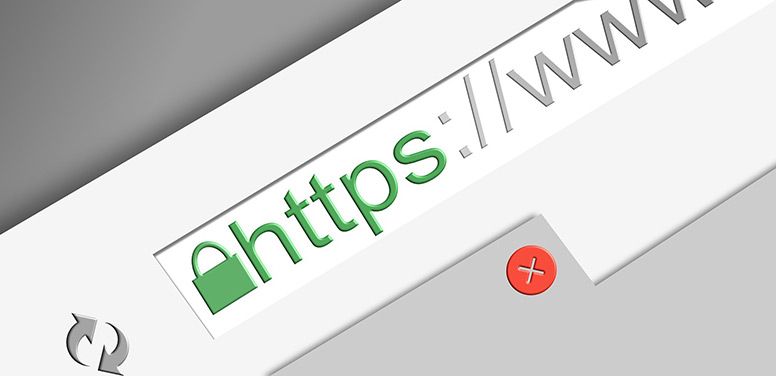
A website needs a Secure Socket Layer (SSL) certificate to keep every user’s data secure. The certificate helps in verifying the rightful ownership of the website along with preventing attackers from creating it fake version. It also builds trust among users when they find the encryption of SSL/ TLS. Such security also guards a site with a public-private key, which is appreciated by users online. Thus, you should buy an SSL for better & secure performance of your digital venture.
#5 Multi-factor Authentication
Multi-factor authentication can be a little bit boring task. But it is the most reliable security tactic for your website. Behemoths like Gmail, Evernote, Dropbox, etc. have successfully implemented such authenticated steps. The two-step verification is done in many ways; for instance, it can be any question related to something you know or something you are. It can also be a code sent via text or a physical key. Google & Microsoft highly recommend including such verification steps in your online venture.
#6 Apply Passcodes
Passcodes are essential. In today’s digital world, you have everything saved or written on your devices. Combining biometric authentication when available with setting a strong passcode is a very secure way of safeguarding your digital data.
#7 Different Email Addresses
Different email addresses help in keeping online identities safe. It is easy to recognise a phishing email when you use separate email accounts. Many sites use your mail ID with your username, and some ask you to select your username. Consider using a different username every time. By following such a method, a hacker cannot successfully enter your account. He has to guess the password right, which is a bare minimum possibility.
#8 Website Security Tools
Once you think that everything’s set, it's time to test your website security. An effective way to do this is via some website security tools, often referred to as pen testing. These tools work on similar scripts used by hackers and run tests to exploit their means. A popular way is SQL injection, which helps in managing the security issues of a website.
The results of automated tests can be intimidating because they reveal a plethora of potential issues. Each reported issue is usually accompanied by a thorough explanation of the potential vulnerability. You can take additional steps to manually try to compromise your site by changing POST/GET values. A debugging proxy can help you here by intercepting the values of an HTTP request between your browser and the server.
#9 Use of Antivirus Software
Install antivirus software and update it as and when needed to prevent your website from viruses infecting the computer. Most antivirus software programs protect against viruses, malware, and rootkits to ensure maximum cybersecurity.
#10 Firewall Activation
One excellent move to secure your streaming website is to activate its firewall. It oversees the monitoring of all incoming and outgoing traffic to and from your computer. If your antivirus does not provide a firewall, ensure the Windows firewall is turned on.
To further safeguard your digital presence, it's crucial to regularly audit the content and structure of your website for any unauthorised or harmful material. A helpful way to do this is by using tools that simulate how search engines crawl your site.
One such tool is the Website Content Check Tool, which allows you to run precise Google search queries (likesite:andinurl:operators) to verify compliance and detect unwanted content, and assess potential risks across your website and collaborative platforms. It’s an efficient resource for spotting vulnerabilities that hackers might exploit through hidden or injected pages.
Key Statistics of Cybercrime
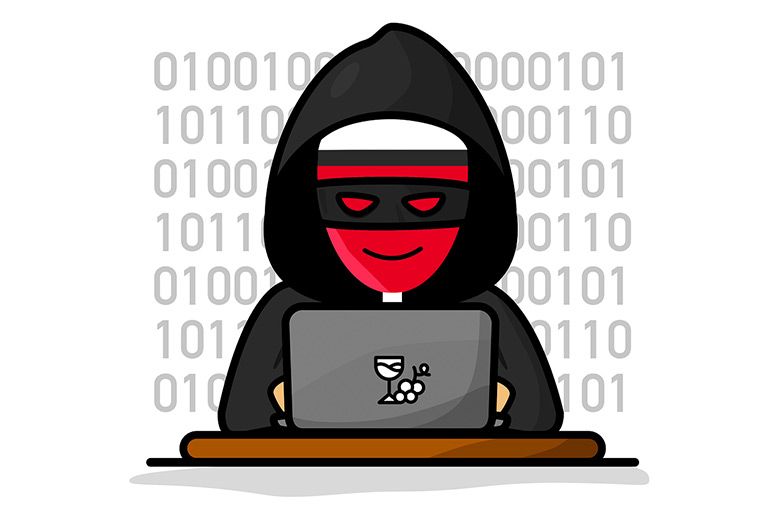
- During the pandemic, one of the statistics from the FBI states an increase of 300% in cybercrime.
- Experts have also stated that cybercrime damage is soon bound to reach $ 10.5 trillion per year.
- Global spending on cybersecurity is said to reach $170.4 billion.
- Only 5% of all company folders are effectively protected, as per the stats received from the Cybercrime Bureau.
- 95% of cybercrime takes place because of human errors.
Now that you have reviewed these statistics, you understand the importance of protecting your streaming website from cyberattacks, such as Ransomware Attacks, MITM Attacks, SQL Injection Attacks, and Brute Force Attacks. Precautionary steps like the tips mentioned above are necessary for sustaining healthy competition online.
Such an effective website development is easily managed & maintained by experienced web developers. They are very proficient in providing security to your website, along with integrating advanced technological updates and other features to engage more users effectively in your venture.
Take all the precautions possible to protect your website from cyberattacks and invest in cybersecurity. You can't be completely safe from attacks because they are constantly evolving, but you can make it more difficult for hackers to attack your site.
Tools like app governance, which involve establishing policies, processes, and standards to manage the creation, maintenance, and use of business applications, are essential.
We hope this blog helps you in choosing wise website security tactics. For us, the winner is an SSL certificate along with multi-factor authentication. It is the best practice for securing your data, website content, UI/UX, and other sensitive information related to users. Make the most of these protective tips & be a successful Amazon-like solution in the online world.








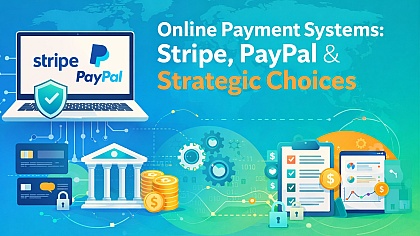
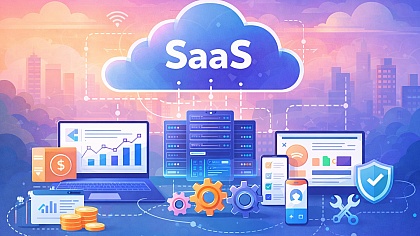
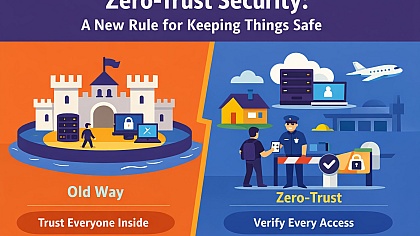




COMMENTS
It was very informative and interesting. It is very important to secure and protect your website, I have some points to include in your article which are as follows.
1. Use HTTPS
2. Keep software up to date.
3. Use strong passwords
4. Limit file uploads
5. Use a web application firewall (WAF)
6. Regularly back up website data for non-technical people, it is difficult to secure and protect their websites. So readers, If you want to Develop your website you can take free consultations from technology companies.